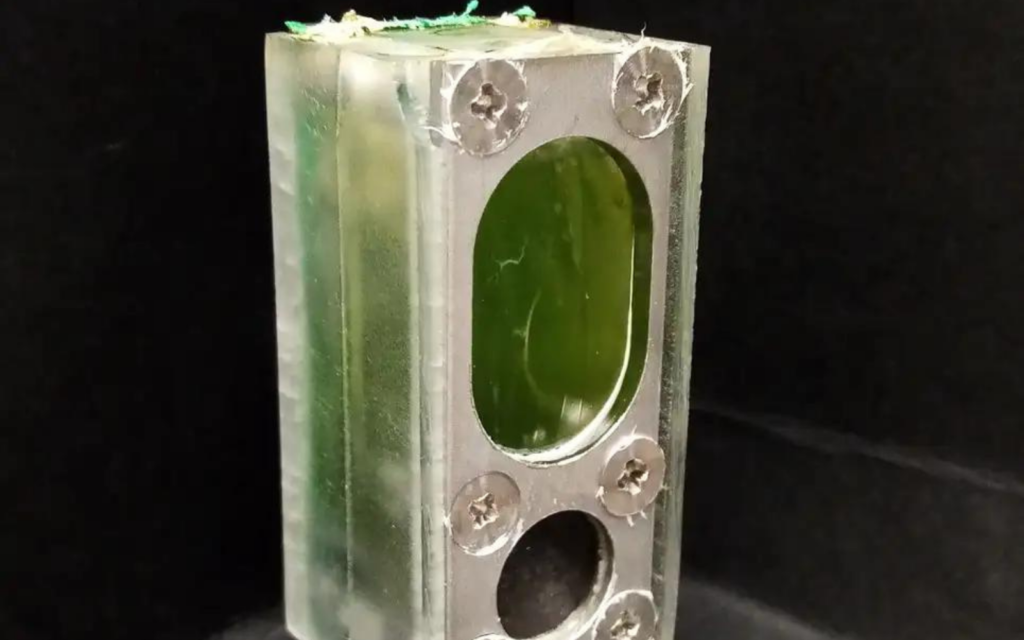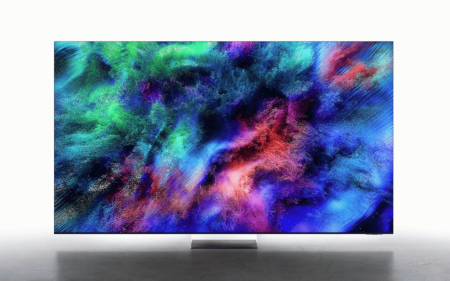What’s cooking in Jensen’s kitchen?

The time for the next generation of graphics cards is fast approaching. There have been several rumours floating around from Team Red (AMD) and Team Green (Nvidia). Team Red is already reportedly working on chips for the next generation of consoles. Nvidia’s RTX 40 series graphics cards, based on the Ada Lovelace architecture, are also expected, as soon as July or August.
This leak comes from fairly reputable leaker Kopite7kimi via Twitter. They tweeted simply, “Q3 early” in response to their previous tweet mentioning the release. Other rumours haven’t been as reserved in their speculation. Some have said to expect a 900W-pulling monster card at the top end. That seemed unlikely, but then the RTX 3090 Ti crossed the 450W threshold. 900W might still be a tad too much but other rumours suggested a slightly more believable 600W TDP (thermal design power) card. The days of a dedicated GPU power supply don’t seem quite so ridiculous now.
Source: PC Gamer
Google and Samsung sitting in a tree...

A partnership between Google and Samsung isn’t all that new or surprising, especially in the fitness wearables space. Google bought Fitbit last year and it worked with Samsung on the version of Wear OS in the latest Samsung smartwatches. But that doesn’t mean it’s all sunshine and rainbows. Sure, a partnership between two of the biggest companies in the world will probably bring some convenient interoperability, but at what cost? We’re sure neither company would do anything heinous with that new access to everyone’s personal health information.
The pair, or Googsung, have announced Health Connect. This is a platform and API (Application Programming Interface) that’ll give devs a toolset to allow users to sync their health data between Android apps and devices. Google says users’ info will be compiled in an encrypted hub and they will have full control over what kind of data they share. We’re sure they’re telling the truth. Probably.
Source: The Verge
A new Twitter feature might leave the nest soon

Twitter is testing a new feature that’ll display a label when the OP (original poster) likes a reply. The new feature was spotted by a reporter at TechCrunch on their Android Twitter app. A Twitter spokesperson confirmed to TechCrunch that the company was working on new labels to provide more context to tweets. But that’s pretty much all they said about it. There’s no word on how widespread the test is at this point or when it’ll make it to everyone.
It shouldn’t be surprising now but Twitter didn’t get this idea from ingenuity. TikTok has a “Liked by Creator” label when a video’s poster likes a comment, as does YouTube. There are those that say this is an unnecessary addition and that it just adds to an already cluttered UI. To them we say, if you like Twitter so much, why don’t you buy it.
Source: TechCrunch
A PC powered by bacteria

Scientists at Cambridge University have been able to, according to a recent study, power a small computer processor with a battery-sized container and some algae. Specifically, photosynthetic cyanobacteria, known as blue-green algae. Don’t get any ideas about using this to run Crysis on max settings at 8K with your RTX 3090 Ti.
We’re only talking about a microprocessor that was programmed to run some calculations and then check its work. It did that every 45 mins and then took a well-deserved 15-minute rest. It did this from February to August last year, with only the cyanobacteria to power it, in the window sill of another Cambridge biochemist.
The microprocessor used is called the Arm Cortex-M0+. It drew an average of 1.05 microwatts, and an electrical current of 1.4 microamps with a voltage of 0.72V. Not exactly a replacement for coal. Not yet anyway. If scientists can scale it up a bit, we might see some useful gains, but don’t expect to put this on your roof to beat load shedding any time soon.
Source: Gizmodo



